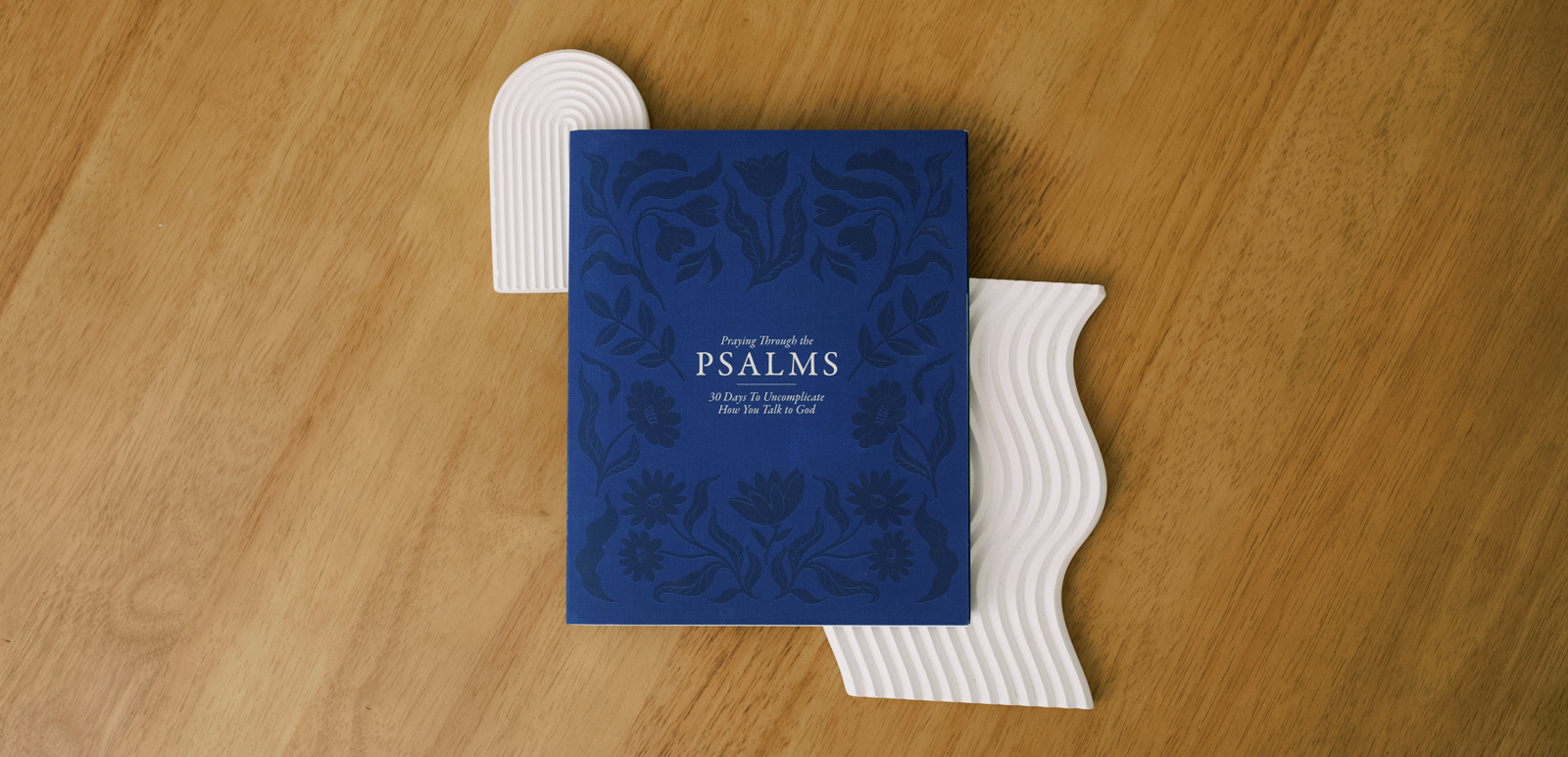
“Great is the LORD, and greatly to be praised, and his greatness is unsearchable.” Psalm 145:3 (ESV)

Walking swiftly through the glass doors, I crossed the marble floor and went directly to the bank’s reception desk. “May I speak to a manager?” I asked.
It wasn’t that I was upset, but I knew the matter I needed help with could only be resolved by someone in charge. Imagine my embarrassment when the woman I thought was the receptionist calmly looked up at me and replied, “I am the manager.”
I expected the manager to be seated in one of the corner offices beyond the reception desk, not at the desk. As I apologized for the misunderstanding, the manager explained that at this bank, branch managers sat out in the open to make themselves more available to customers like me.
In retrospect, I should have been more honoring to her instead of quickly asking for what I wanted.
When I think of prayer, I realize I often treat God the same way — with a focus on asking for what I want without first honoring who He is and what He is capable of doing.
Although asking is a necessary part of prayer, there is another commonly overlooked aspect of prayer we don’t want to miss: adoration. Adoration is the reverence and honor we give God because of who He is, which helps us to remember who we’re praying to in the first place.
In Matthew 6:9-13, Jesus taught His disciples how to pray what is now known as the Lord’s Prayer. He didn’t start His prayer by making requests but with adoration, saying, “Our Father in heaven, hallowed be your name” (Matthew 6:9, NIV).
“Hallowed” means God is holy, set apart and deserving of worship. Jesus started His prayer this way because adoration helps us to recognize the powerful God we are praying to, even before we make our requests of Him. Adoration prepares our hearts to remember that God is greater than anything we could ask for and combats our temptation to think God is unable to answer.
As we look at the book of Psalms, we see many prayers of adoration. Specifically, Psalm 145, written by David, reveals three ways adoration puts God into focus as we come to Him in prayer:
“Every day I will bless you and praise your name forever and ever” (Psalm 145:2, ESV).
The words “I will” show a determination to point out the goodness of God despite our circumstances. Adoration of God is a choice, not a prerequisite to a perfect life. No matter what we are facing, we can choose to say with the psalmist, “Great is the LORD, and greatly to be praised, and his greatness is unsearchable” (Psalm 145:3).
“On the glorious splendor of your majesty, and on your wondrous works, I will meditate” (Psalm 145:5, ESV).
David adored the Lord by meditating on who God is and what He is capable of doing. Meditation is a popular practice today, but it is not new to the Bible. While some other methods of meditation include clearing the mind, biblical meditation is about filling the mind with thoughts of God. David's adoration of the Lord teaches us to think of God’s majesty and wondrous works.
“They shall speak of the might of your awesome deeds, and I will declare your greatness” (Psalm 145:6, ESV).
David adored the Lord with his mouth: He spoke of God's awesome deeds, declared His greatness, and sang of His righteousness.
Effective and powerful prayer doesn’t start with perfect words, and while casting our cares on God is a faithful practice (1 Peter 5:7), not every prayer starts with listing off our requests. As we pray, let’s first focus on who God is and what He is capable of doing in our lives.
Dear heavenly Father, thank You for being greater than anything I could ever ask for from You. I pray for a heart, mind and words that revere and honor who You are and the power You hold. In Jesus’ Name, Amen.
Maybe prayer isn’t as hard as we make it. The Bible tells us in 1 Thessalonians 5:17 to “pray without ceasing” (ESV). But if we’re honest, that often feels impossible. Prayer can seem like a language to learn or a puzzle to solve, and everyone else appears to know how to do it “the right way” except you. That’s why we want to invite you to join us for Praying Through the Psalms: 30 Days To Uncomplicate How You Talk to God, a six-week study in the First 5 mobile app, starting August 7. Click here to order your study guide!

Did you know there is not just one way to pray? Learn how you best hear from God and connect with Him in prayer by taking Christina Patterson’s “What Is Your Prayer Personality?” quiz here.
Psalm 103:1, “Bless the LORD, O my soul, and all that is within me, bless his holy name!” (ESV).
What characteristic of God can you praise Him for today to start your prayer with adoration? We’d love to hear from you! Share your thoughts in the comments.
© 2023 by Christina Patterson. All rights reserved.
Join the Conversation